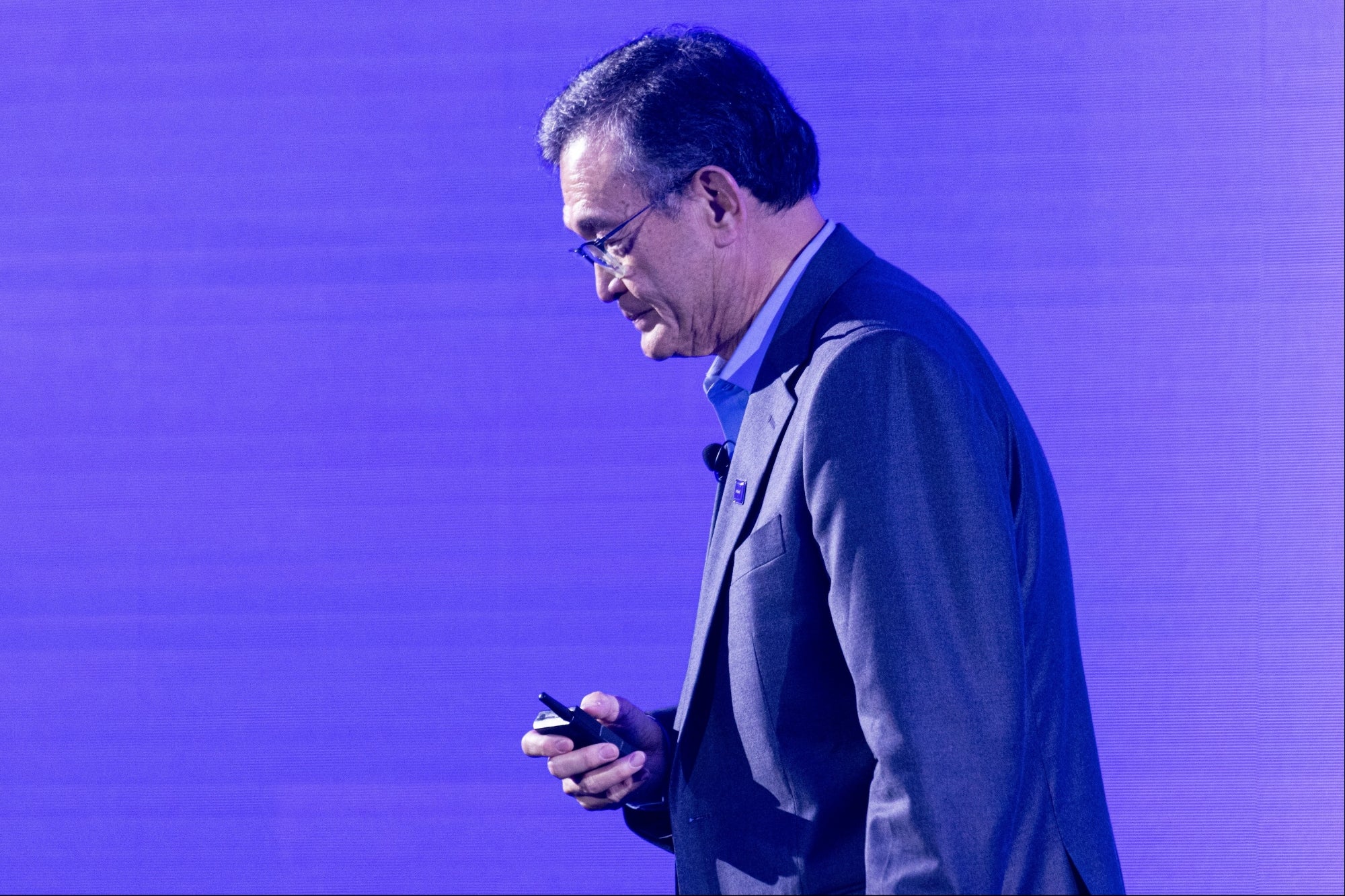Opinions expressed by BIZ Experiences contributors are their own.
When Ron Baker, president of CCA Electronics Inc. in Atlanta,wanted to expand his export business in 1990, the Small BusinessAdministration (SBA) came to the rescue. It offered Baker'sbank a guarantee on the $400,000 loan it extended to CCA, thanks toa program called the Export Working Capital Program, or EWCP (thencalled the Export Revolving Line of Credit).
"Without the EWCP, we would have been out of business along time ago," says Baker. "The EWCP is essential forsmall business."
But now it is the EWCP that needs to be rescued. Just as Clintonadministration efforts to strengthen the program were beginning toshow results, Congress passed legislation-signed by PresidentClinton-with a provision that lowers SBA guarantees on 7(a) loans(of which the EWCP loans are one type) from 90 percent to 80 oreven 75 percent.
"Reducing the guarantee rate now might be seen as pullingthe rug out from under lenders who have already begun marketing theprogram at a 90 percent [guarantee] rate," says Philip Lader,administrator of the SBA.
The Clinton revitalization efforts, begun in October 1994,increased the number of EWCP lenders from 62 to 150; the number ofEWCP loans in fiscal 1995 surpassed 150, more than 50 percenthigher than in fiscal 1994.
The 90 percent guarantee had been critical to attracting banksto the EWCP. "Many transactions now done by participatingbanks would be too costly and [risky] at 75 or 80 percent,"says William C. Cummins, co-chairman of the Small Business ExportFinance Committee for the Bankers' Association for ForeignTrade.
Not only will lowering the EWCP save the federal government verylittle money, since EWCPs make up less than 1 percent of 7(a)loans, but it will deprive the SBA of a focal point in its effortto encourage small businesses to dip their toes into foreignwaters.
Contact Sources
CCA Electronics Inc., P.O. Box 426, Fairburn, GA30213;
William C. Cummins, c/o South Trust Bank of Alabama,(800) 239-6993;
SBA, (800) 8-ASK-SBA;










